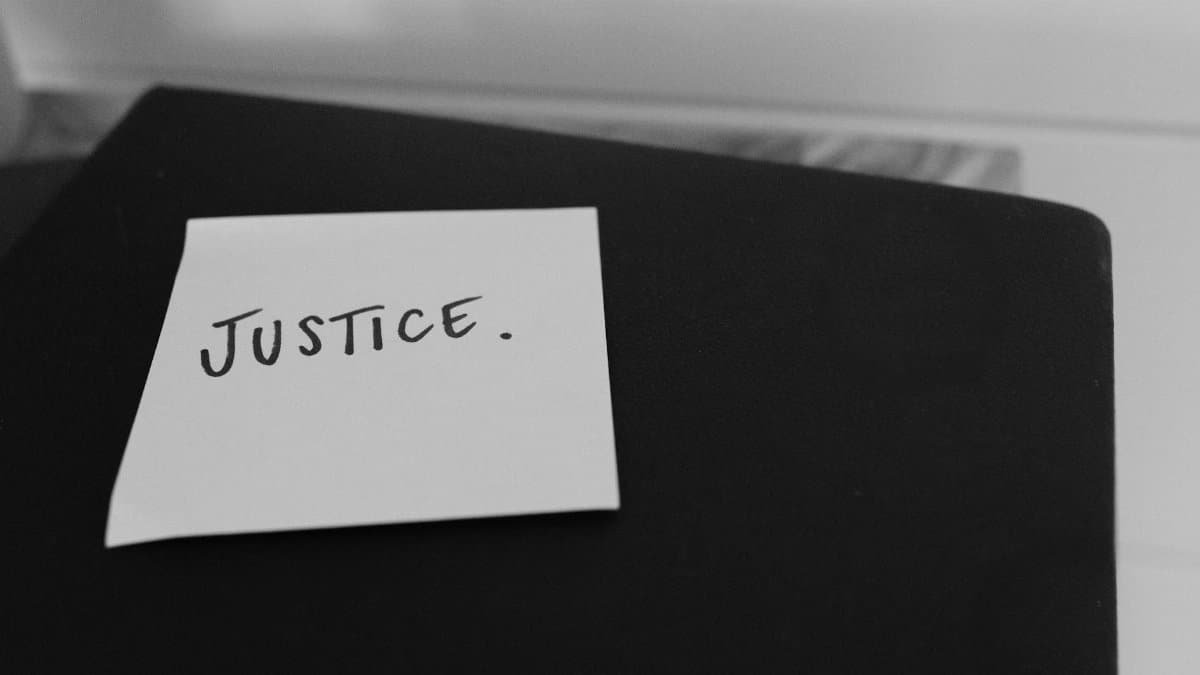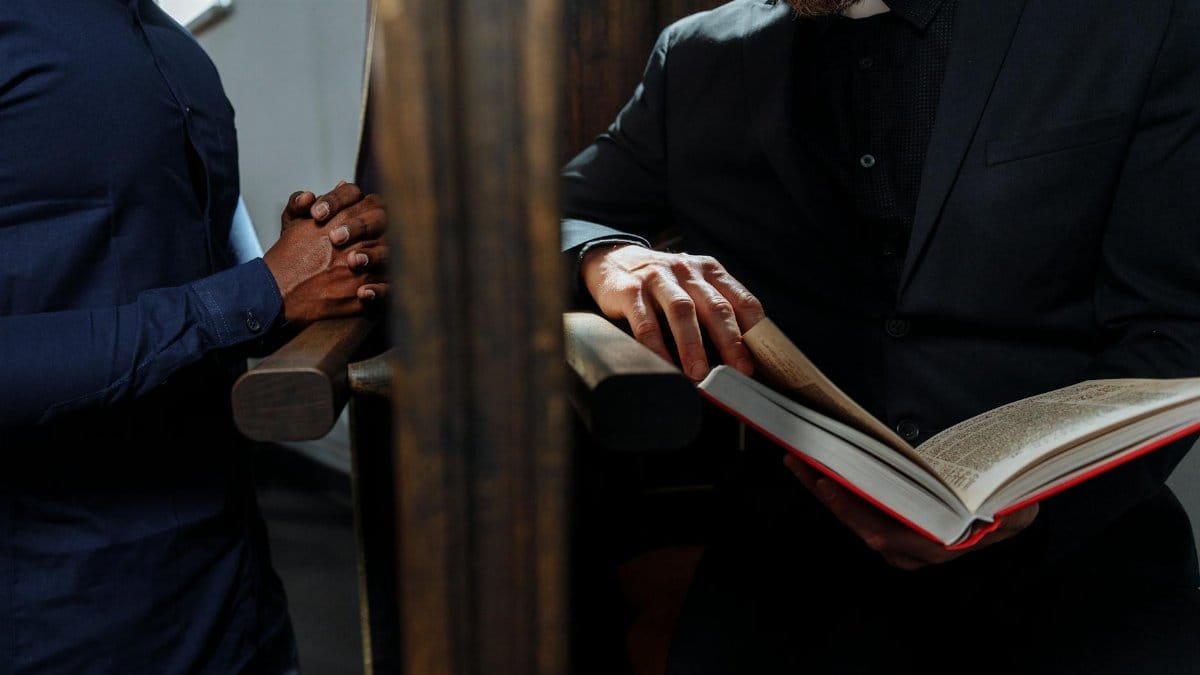Is ethical humanism purpose morality godless really the answer to life’s biggest questions? As more Americans step away from traditional religion in 2025, many are turning to Ethical Humanism—a philosophy that promises purpose and morality without a deity. Rooted in reason and compassion, it’s gaining traction among those seeking a secular framework for living a meaningful life. With church attendance declining, this movement offers a compelling alternative for the growing number of non-religious individuals across the U.S. who still crave ethical grounding and community.
What Is Ethical Humanism?

Ethical Humanism is a philosophy centered on human values, reason, and empathy, rejecting supernatural beliefs. It holds that morality comes from within—shaped by our shared humanity and rational thought, not divine command. Founded formally in the 20th century, it builds on ideas from thinkers like John Dewey, emphasizing personal responsibility to improve the world. Today, it resonates with Americans who identify as “nones”—those unaffiliated with religion—whose numbers have surged to nearly 30% of the population, per recent Pew Research data.
Why It’s Growing in 2025

The rise of Ethical Humanism mirrors a broader cultural shift. With organized religion losing ground—Gallup reports trust in religious institutions at historic lows—many seek secular ways to find meaning. Ethical Humanism fills this gap, offering structure without dogma. In 2025, online communities and local Ethical Societies are seeing spikes in membership, especially among younger generations prioritizing social justice and personal ethics over traditional faith.
Purpose Without a Higher Power

Can you find purpose without God? Ethical Humanism says yes. It argues that meaning stems from human connections, personal growth, and contributing to society. Unlike religious doctrines tying purpose to an afterlife, this philosophy focuses on the here and now. For many, this approach feels liberating—freeing them to define their own goals without prescribed spiritual rules.
Morality Rooted in Reason

Ethical Humanism challenges the idea that morality requires divine origin. Instead, it roots ethics in human needs and rational thought. Principles like fairness and compassion aren’t handed down from above—they’re built through understanding and empathy. This resonates with Americans who question traditional moral authority but still want a clear ethical compass. As one member of the American Ethical Union put it, “We don’t need a god to be good. We need each other.”
Community in a Secular Age

One of Ethical Humanism’s biggest draws is its focus on community. Ethical Societies across the U.S. host gatherings, discussions, and service projects, mimicking the social benefits of religious congregations. In places like New York and Chicago, these groups provide a sense of belonging for those who’ve left faith behind. They’re not just philosophy clubs—they’re spaces to celebrate life’s milestones, from weddings to memorials, without religious overtones.
Critics and Challenges

Not everyone’s sold on ethical humanism purpose morality godless. Critics argue it lacks the depth or transcendence of religious belief, calling it a “cold” substitute for faith. Some question whether a purely human-centered ethic can sustain moral accountability without a higher power. Others point to its limited reach—Ethical Humanism remains a niche movement, often overshadowed by broader secular trends like atheism or agnosticism.
Real-World Impact

Despite skepticism, Ethical Humanism drives action. Many adherents are active in social justice, advocating for issues like climate change and equity based on humanistic principles. Organizations tied to the movement, such as the American Ethical Union, partner with nonprofits to tackle systemic problems. Their work shows that a godless framework can still inspire tangible good, countering the stereotype of secularism as morally aimless.
Where to Learn More

Curious about Ethical Humanism? Resources abound. The American Ethical Union offers information on local societies and events. For deeper historical context, check studies from Pew Research Center on the rise of the religiously unaffiliated. Additionally, academic perspectives on secular ethics are available through platforms like Harvard University archives. These sources provide a solid starting point for understanding this evolving philosophy.
